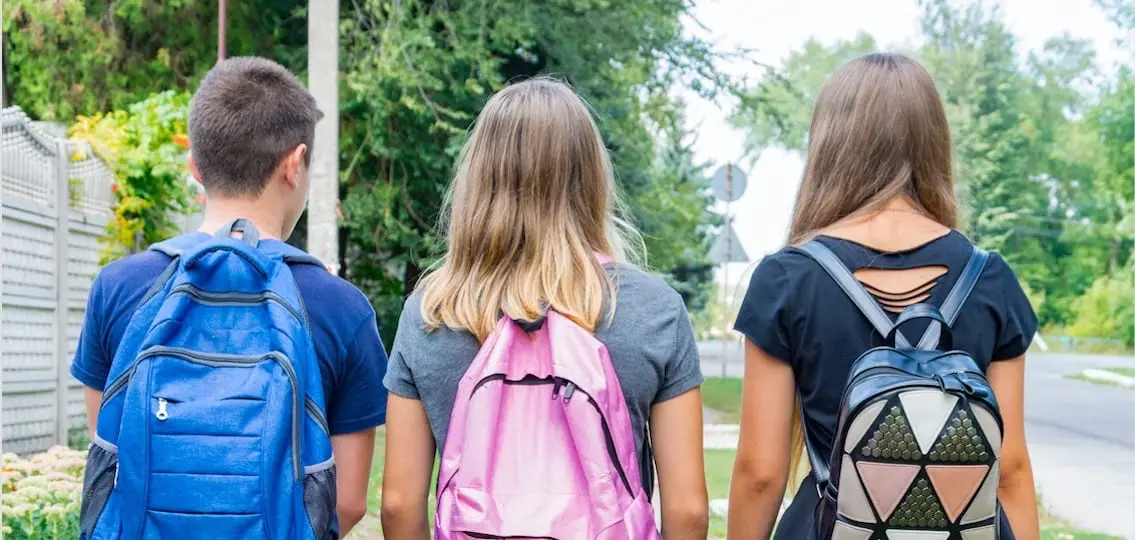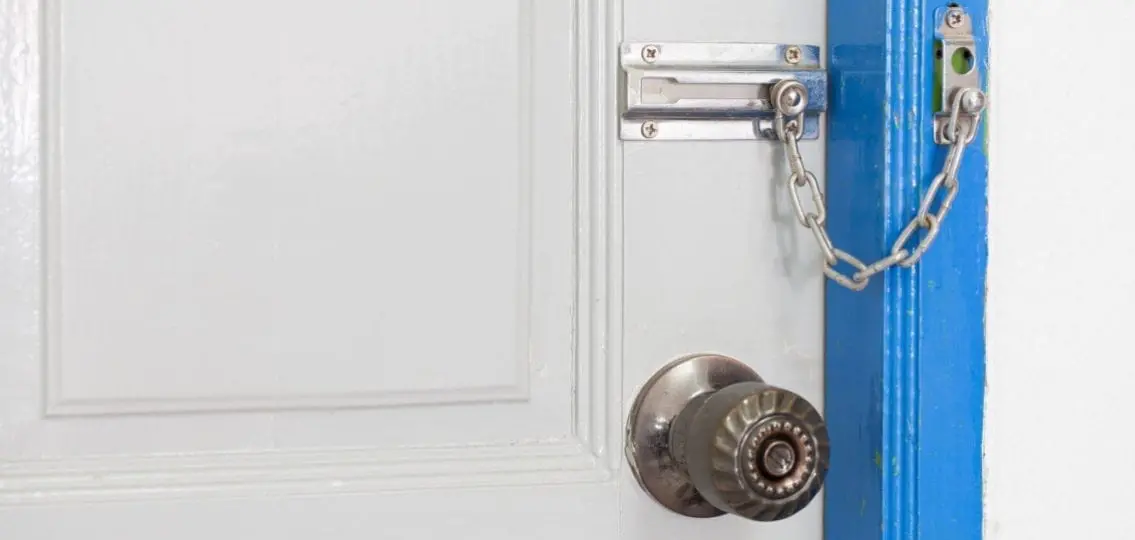Often, it starts with a closed bedroom door. Should you dare to barge in, your adolescent scolds you with a “Please knock!”
Guess what? Your son or daughter wants more privacy. And that’s perfectly normal.

So, when your adolescent starts asking for “a little privacy, please!” how—and how much—should you back off?
One rule for parenting tweens is to understand that tweens need privacy for a good reason. “In middle school, children are trying to find their own sense of self, their own identity,” explains John Lee, LCSW, a Tennessee-based family therapist. “Wanting their own space is part of that.”
That can include spending more time in their bedroom, as well as an overall desire for less parental involvement, when it comes to school, friends, and other areas of their lives.
However, parenting tweens at this stage doesn’t mean you need to give into every demand. “It’s important to have conversations around the boundaries of what is acceptable,” says Lee.
Establishing Privacy Boundaries with Tweens
In general, the goal is to give adolescents more space without losing touch with what’s going on in their lives.
For example:
- Asking a parent to knock before coming into a bedroom. Acceptable. Demanding the right to lock the bedroom door. Probably not.
- Spending some time each day alone in the bedroom. Acceptable. Spending most of the day shut up in the bedroom. Probably not.
- Making plans on their own with friends. Acceptable. Not telling you what those plans are (or if they’ve changed). Definitely not.
What if your adolescent can’t handle the additional privacy privileges you’ve granted? Say she’s lied about where she’s been? Or not warned you he’s failing algebra? “Then parents can just tighten up the boundaries,” says Lee.
But be upfront about how your adolescent can earn those privileges back. Adds Lee: “Oftentimes parents take away a privilege for some arbitrary time and there is no conversation about how to earn trust back.”
The same approach holds true when it comes to parenting tweens and social media, where tweens will often want a lot of privacy.
“Be respectful and allow them their own space,” says Denise DeRosa, program manager of Good Digital Parenting at the Family Online Safety Institute. “But be up front that you will exercise your right to periodically check in.”
When your adolescent starts using Instagram and other social networking sites, you should have access to passwords. Also consider requiring your adolescent to “friend” or “follow” you, recommends DeRosa. “As your child demonstrates that he or she is using tech appropriately, you can ease up.”

Still, there are some sure-fire signs that require parents to forget about privacy altogether. Dropping grades. Changes in friends. A lack of interest in activities that your adolescent used to enjoy. A disregard for hygiene. A lot of secrecy. Especially in combination, these signs can indicate that your adolescent may be dealing with a mental health issue, like depression, or experimenting with drugs and alcohol.




